Relatively few people have to pay estate and gift taxes. For example, in 2016, there were 2.7 million decedents, out of those about 13,000 had to file a tax return, and out of those, only 5,500 had to pay taxes. Many might ask, why only so few? While most estate will not need to deal with paying estate or gift taxes, it is important to understand how it works, in case in may affect you, your relatives, or your estate plan.
Estate Tax
Estate taxes apply to everything the decedent owned or had a financial interest in at the time of death. If the amount of those assets is at or above $11.7 million, as of 2021, taxes need to be filed and the value above $11.7 will be taxed at a rate of 40 percent.
To determine the value of the estate, in most instances the fair-market value on the owner’s date of death will be considered. To get the taxable estate amount certain deductions are made first, and those include: any transfers to the surviving spouse, contributions to charitable organizations, debts, funeral costs, state estate tax liability, and other costs associated with administering the estate.
Married decedents may transfer unused exemption to their surviving spouse, which doubles the exemption for married couples to $23.4 million. While estate tax returns are due nine (9) months after the owner’s death, extensions may be obtained in accommodate certain circumstances.
Gift Tax
Gift taxes are different in that they are applied to gifts given by a donor during his or her lifetime. The exclusion for tax purposes is $15,000 per recipient from each donor in 2021, or $30,000 per recipient from married couples. The tax rate and exemption amount is the same as for estate taxes.
The donor will pay taxes on those gifts only when the cumulative amount of annual gifts (above the annual per-recipient exclusion amount) during his or her lifetime exceeds the lifetime estate and gift exemption. This means that, if a donor gives a recipient a gift with a value exceeding $15,000, the donor’s lifetime estate and gift exemption is reduced by the gift’s value in excess of $15,000.
We Can Help
Want to learn more? At Sobon Law LLC we can work with you to ensure that your goals at met. Call today (216) 586-4246.



